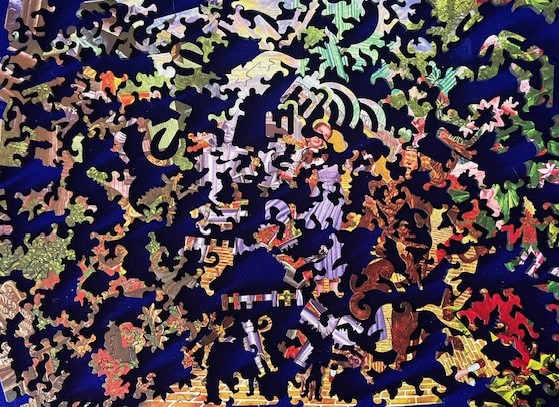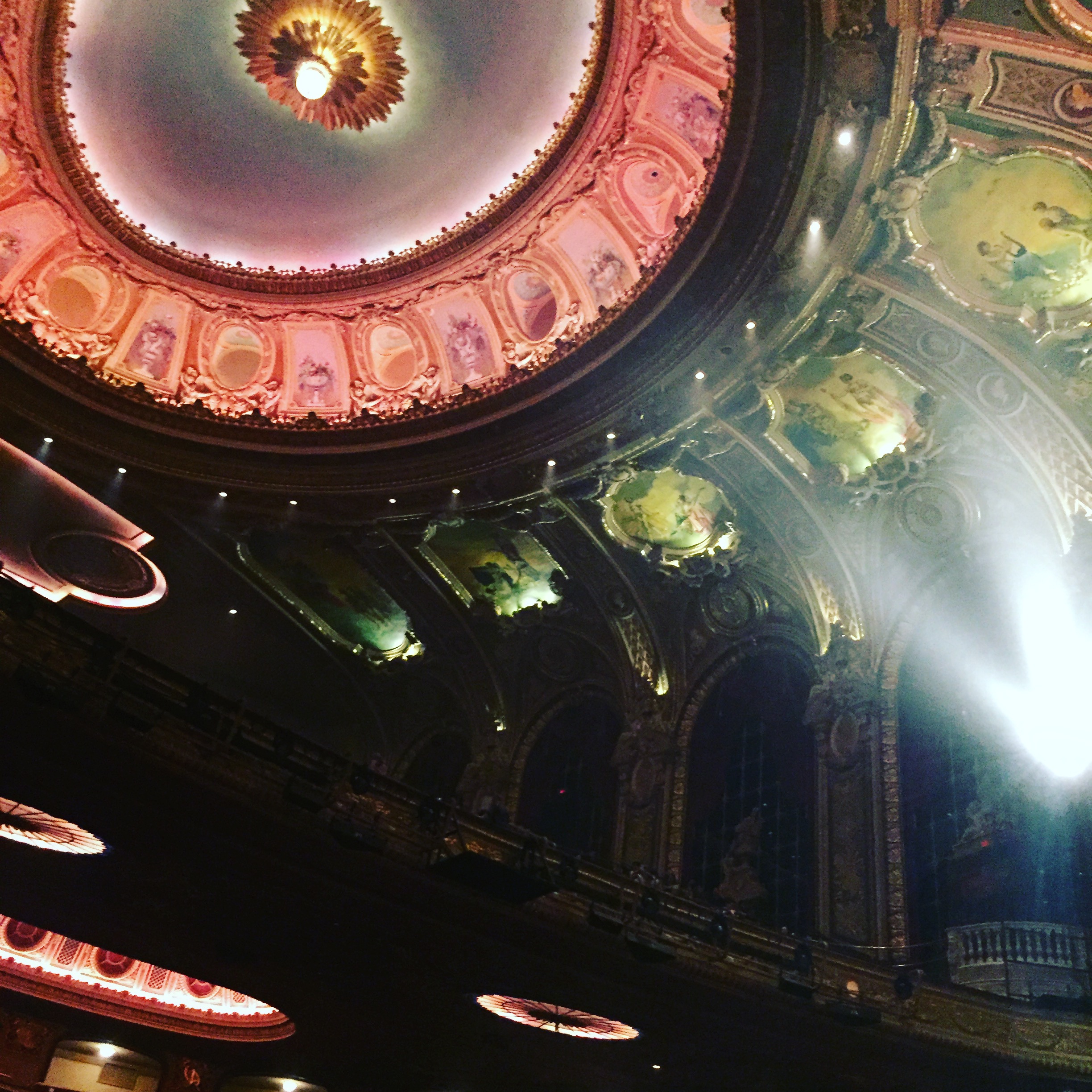
Many things in life were swirling around the lives of people in charge of American life – leading to communist “witch-hunts” in the 1950s and unrealistic fears of alien invasions on the part of citizens living in the midst of an anxiety-filled cold war. Wilhelm Reich did not do well in this turbulent world. As Jacoby (1983, p.83) noted, Wilhelm Reich was a modern-day enactment of the Old Testament Job. Reich died in prison with both personal and political madness swirling all about him. The dominant energy wasn’t sexual in nature. Reich got it wrong (at least about himself). The dynamic and threatening energy that shattered Wilhelm Reich derived from the newly emerging, combined forces of VUCA-Plus.
A Left Column perspective in a white-water world such as Reich found after World War II would focus on Centering in the midst of these multiple conditions of change. Reich would have needed a “kayak”-based way of navigating in his world. The kayak perspective primarily concerns a search for and finding the core, orienting place that provides one with balance and direction. Agility plays a central role with movement of the double-bladed paddle back and form.
The Right Column perspective focuses on Forethought in the midst of multiple conditions of change. From this perspective, we must “lean” and “learn” forward by allowing for and participating in multiple points of balance and direction in our work and life. For the kayaker, this means looking “downstream” in order to prepare for the upcoming challenges presented by the white-water river they are navigating. What might be found around the next bend in the river and how does my current position on the river prepare me for what might await me around the bend?
Kayakers and leaders do contingency planning when navigating their turbulent environment. Reich could have benefited from looking downstream. He could have recognized that anti-communist feelings were emerging from the cold war. He could have put on his psychoanalytic hat and noted that UFO fears were mostly a symptom of diffuse fears emanating from the cold war. Rather than stoking fears about UFOs, he could have provided an insightful analysis of this fear—much as he had done with character armor.
Reich (and all of us) could address this polarity in an appropriate and effective manner (in keeping with the white-water metaphor) by focusing proximally (up close) on our centering and at the same time focusing distally (at a distance) on what might await us. Specifically, this means using the centering—and the agility—to think outside of the immediate box and to “lean into the future” (Bergquist and Mura, 2011) with forethought. Otto Scharmer (2019) offers a Theory U way of thinking about and acting in a world of turbulence. He writes about “learning into the future.” Reich might have benefited from reading a book such as Scharmer’s (if it had been available in the late 1940s or early 1950s).
Dorothy could have similarly benefited from Scharmer’s notion of anticipatory learning, Scharmer suggests that we must first seek to change the system as it now exists. For Dorothy, this means cleaning up the cottage in which she now lives as well as cleaning up her own self-destructive attitudes about her neighbors. Scharmer is emulating John Dewey’s suggestion that we only understand something when we give it a kick and observe it’s reaction. Dorothy would have learned a lot about her cottage and her neighbors if she began to change the way she operated in her world.
However, Scharmer goes further than Dewey. He suggests that we must examine and often transform our own way of thinking in the world—which requires both centering and forethought—if this change is to be effective and if we are to learn from this change in preparation for the future. Dorothy would have to learn not only about her cottage and neighbors but also the way in which she is approaching her life—including her inclination to blame fate and other people for the mistakes she has made.





